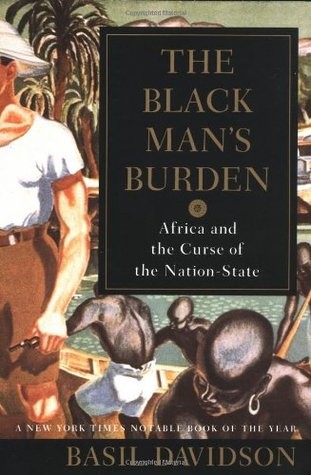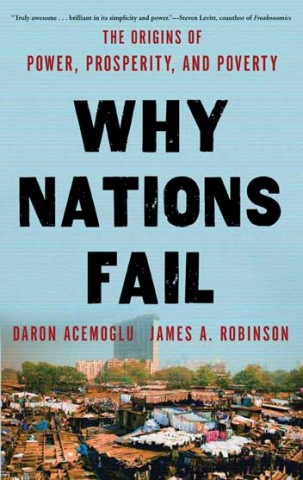Institutions have (re)emerged as a popular topic in development studies, particularly after Why Nations Fail (2012). However, the study of institutions and institutional change should trace back to key work of Douglass C. North, namely the 1990 book "Institutions, Institutional Change and Economic Performance". Given several decades have passed, parts of the book are less relevant today. It is worth reading to better understand the history and development of ideas (and at only 140 pages of text, it is not a lengthy read).
The book "provides the outline of a theory of institutions and institutional change", which at the time of writing, was a relatively novel contribution. North writes in the Preface to the book that "History matters. It matters not just because we can learn from the past, but because the present and the future are connected to the past by the continuity of a society's institutions. And the past can only be made intelligible as a story of institutional evolution" (p. vii). Again, later in the text: "Path dependence means that history matters. We cannot understand today's choices (and define them in modeling of economic performance) without tracing the incremental evolution of institutions" (p. 100).
First, North takes down a dominant mode of thinking: "If political and economic markets were efficient (i.e. there were zero transaction costs) then the choices made would always be efficient. That is the actors would always possess true models or if they initially possessed incorrect models the information feedback would correct them. But that version of the rational actor model has simply led us astray. The actors frequently must act on incomplete information and possess the information that they do receive through mental constructs that can result in persistently inefficient paths. (p. 8).
Why institutions? "Institutions provide the basic structure by which human beings throughout history have created order and attempted to reduce uncertainty in exchange. Together with the technology employed, they determine transaction and transformation costs and hence the profitability and feasibility of engaging in economic activity. They connect the past with the present and the future so that history is a largely incremental story of institutional evolution in which the historical performance of economies can only be understood as part of a sequential story." (p. 118)



